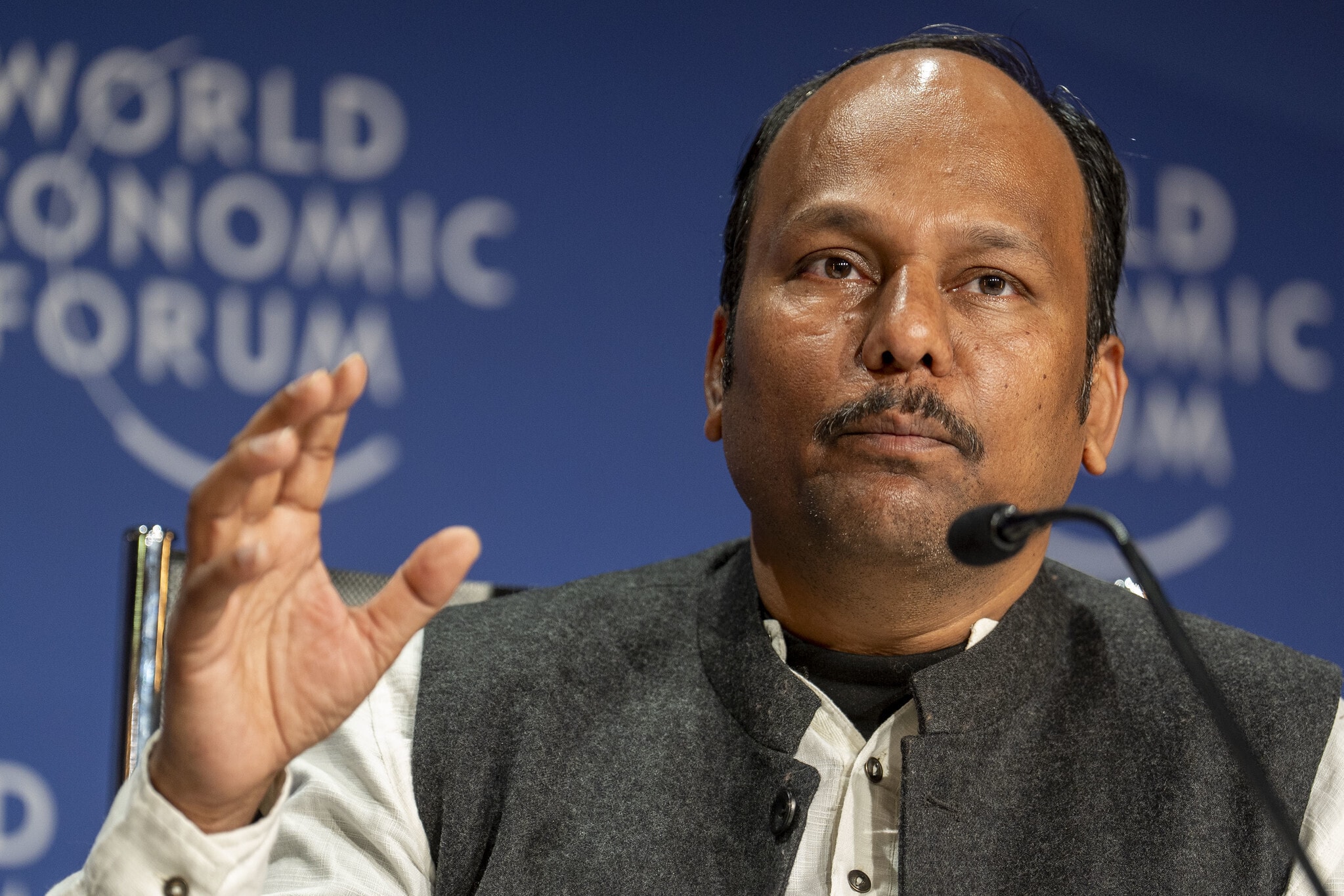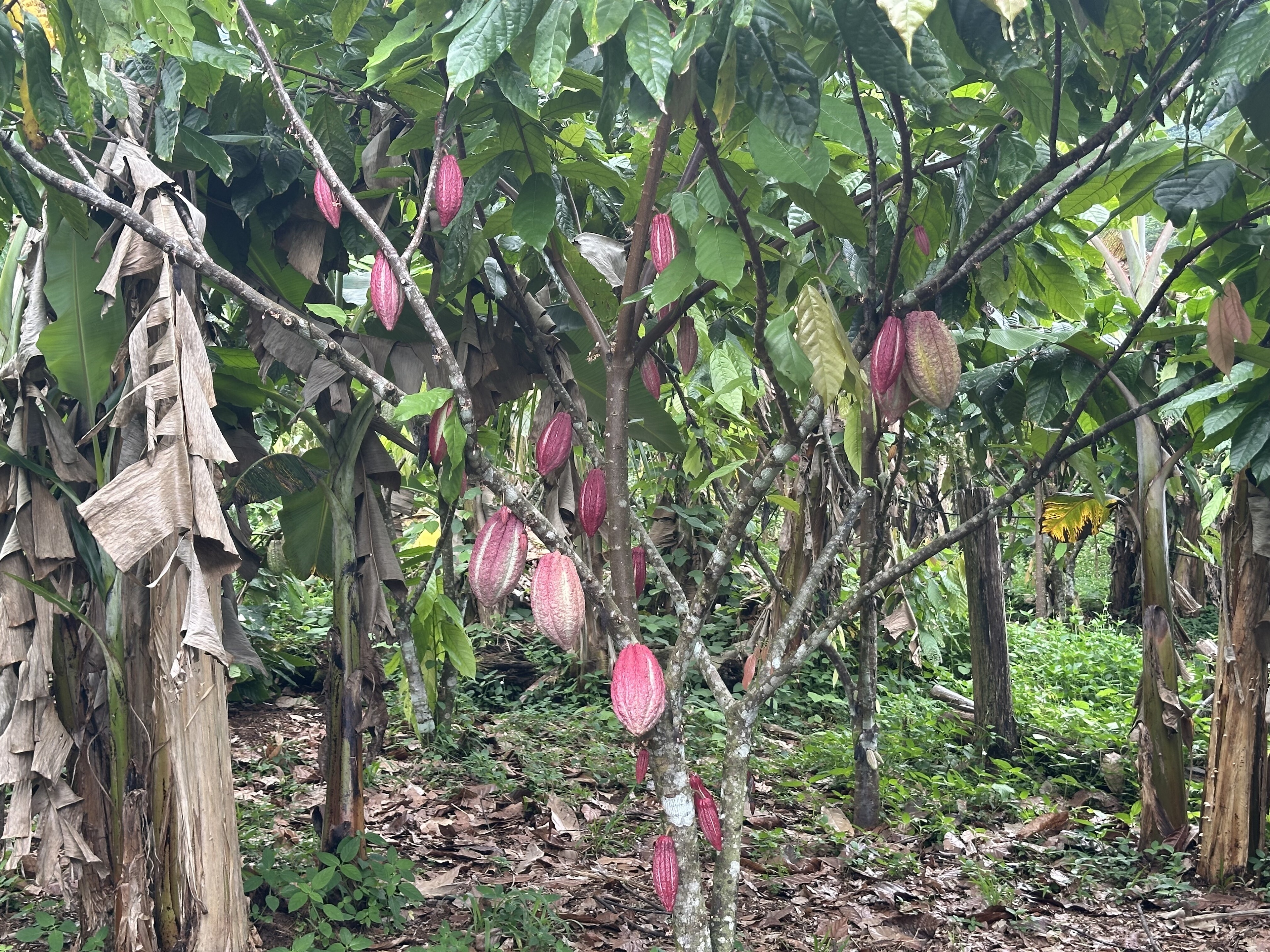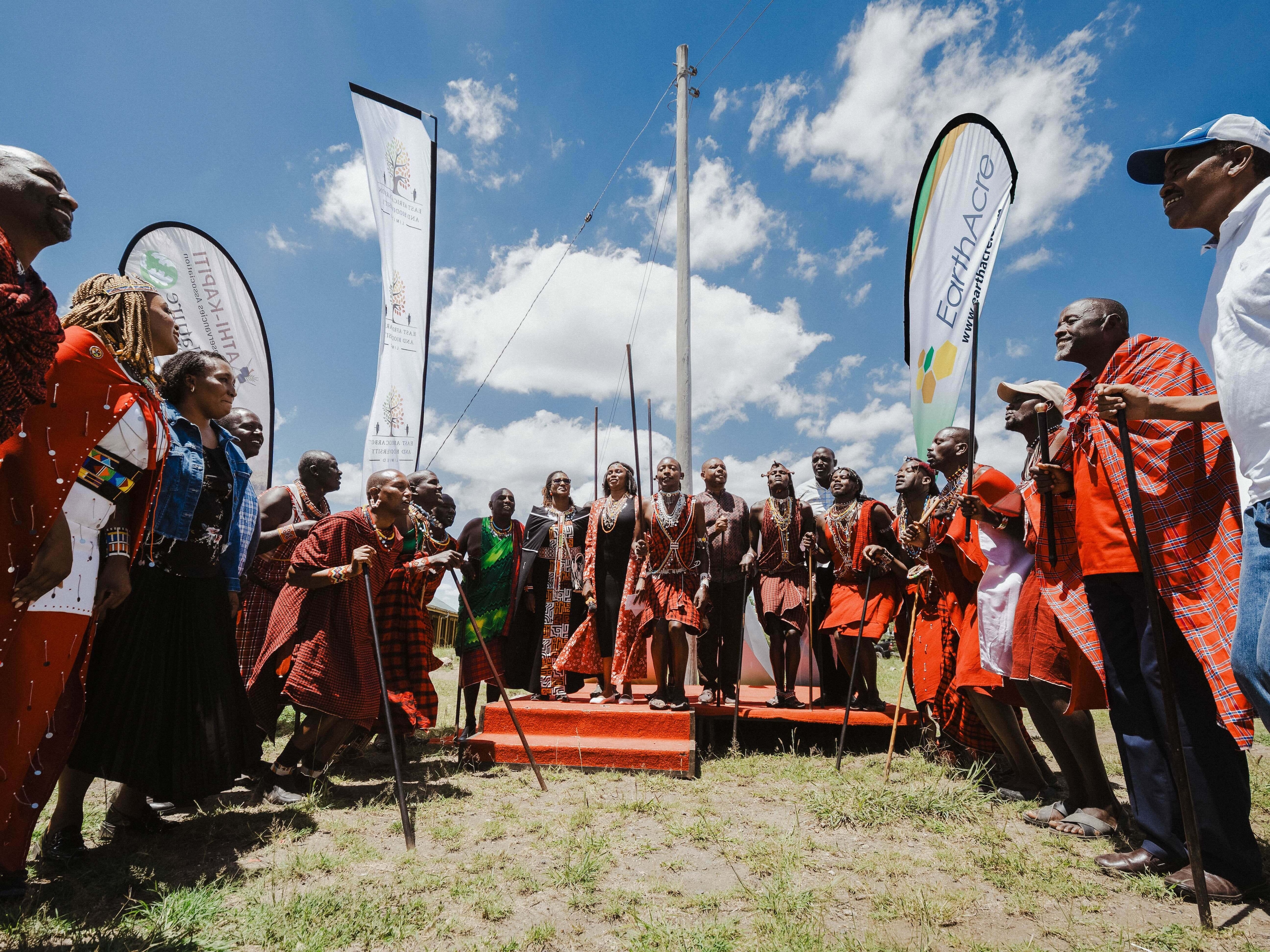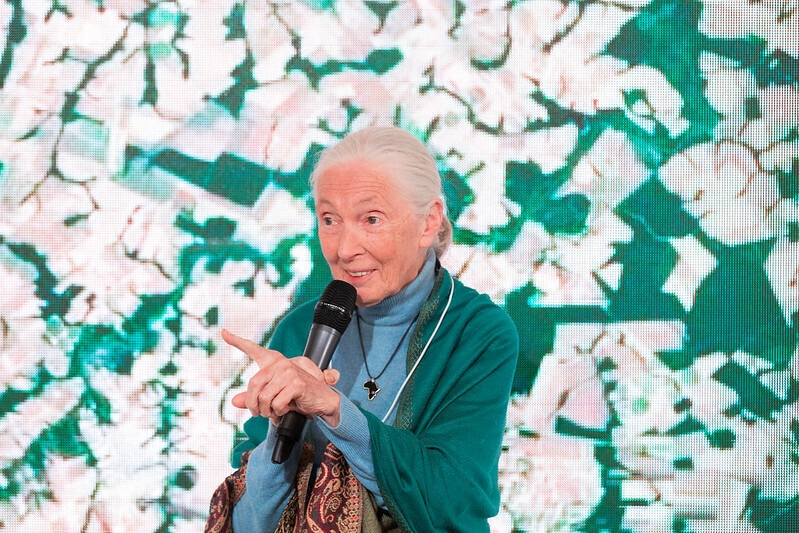Breathe! The cities working together on air pollution and climate change

Air pollution causes significant economic impacts as well as on health.
Image: Getty Images/iStockphoto
Accept our marketing cookies to access this content.
These cookies are currently disabled in your browser.
- Air pollution is the silent killer, and climate change is the existential threat – in this week’s Radio Davos, we hear how cities are tackling both.
- Jaime Pumarejo, Executive Director of Breathe Cities, which helps cities cut air pollution and climate emissions, discusses the grassroots action and knowledge sharing that is both necessary and urgent.
- Listen to the podcast here, on any podcast app via this link or YouTube.
“Air pollution is the silent killer, first and foremost: 8.1 million people a year are dying because of air pollution-related health risks.”
Jaime Pumarejo, Executive Director of Breathe Cities, states plainly how air pollution is an urgent problem for cities globally.
Speaking on the World Economic Forum's podcast, Radio Davos, he explains how cities around the world - including Jakarta, Bangkok, Mexico, Rio de Janeiro, Paris, Warsaw, and Sofia - are sharing expertise and experience in reducing air pollution and greenhouse gas emissions.
The former city mayor from Colombia says city residents are driving policies to improve the air they breathe. And that local action is also helping a global problem - by cutting the emissions that cause climate change.
Here are some of the highlights of the Radio Davos interview.
Worldwide, grassroots and collaborative
Jaime Pumarejo: [Breathe Cities is] trying to get a good marriage between what can be replicated in places, for example like Nairobi or Accra or Johannesburg, with Paris.
And a lot of people would think not a lot. But yes, there is a lot in terms of data. So how we collect data and how we can learn from [it] ...
But also empowering communities to have wearable sensors that they can give to their children. For example, they'll have a football match and they can be wearing a wearable sensor and then they can help upload this into our data networks and say, this is what's going on in the most underprivileged parts of Johannesburg or in Rio de Janeiro.
So there is a sense of a lot of data that is networked that we can learn from.
We can make a difference
Jaime Pumarejo: Air pollution is a place where we can all meet because air pollution is the silent killer first and foremost: 8.1 million people a year are dying because of air pollution-related health risks. It is the second biggest health risk after coronary risk.
So it is a health factor. But also it's something that relates to your daily life and that we can change [at] a local level.
When we talk about climate change, it feels like this invisible monster that we can't do enough of, even though we try. But if we tackle it as an air pollution problem, then we can say, if I change my transportation habits, I can make a difference. If I change my heating habits, I can make a difference. If I ask my government to better the transportation matrix or the energy matrix, that will make a difference and I will breathe cleaner air.
If we can do that, there's a direct correlation between that and greenhouse gas emissions, so that means I'm also taking part.
Addressing air pollution is urgent
Jaime Pumarejo: In the formative years, in the youngest years of our children, they are most exposed to air pollution.
Even if you're running a marathon, since you are inflamated, since you are using more of your lung capacity, you are more vulnerable to air pollution than you think. So even if you are one of the healthiest people in your street or block, you have the most propensity to health issues related to air pollution if you constantly exercise, if you actually are out there getting out and about.
So I would encourage you to learn more about it and to ask your local government to care about this and hopefully start tackling this…
I think we can make a difference. And I think people are waking up to that. And there are simple things that we can do. Try and use active mobility or always think about the way that we affect air pollution and greenhouse gases.
I think that there is a way forward. I think that the challenge given to the world right now is, how do we continue to give quality of life to the people that don't have it? How do we continue to industrialise countries that are below the poverty threshold but do so in a way that is sustainable with the environment?
We need to change the way we think about economic development and this is an exciting time to be alive and this is a big challenge to humanity. But I think we will make it.
Accept our marketing cookies to access this content.
These cookies are currently disabled in your browser.
Check out all our podcasts on wef.ch/podcasts:
Don't miss any update on this topic
Create a free account and access your personalized content collection with our latest publications and analyses.
License and Republishing
World Economic Forum articles may be republished in accordance with the Creative Commons Attribution-NonCommercial-NoDerivatives 4.0 International Public License, and in accordance with our Terms of Use.
The views expressed in this article are those of the author alone and not the World Economic Forum.
Forum Stories newsletter
Bringing you weekly curated insights and analysis on the global issues that matter.
More on Climate Action and Waste Reduction See all
Kateryna Gordiychuk and Kate Whiting
October 8, 2025
Chiara Cecchini
October 8, 2025
Tom Crowfoot
October 8, 2025
Dorothy Abade-Maseke and Akim Daouda
October 6, 2025
Gill Einhorn
October 3, 2025




